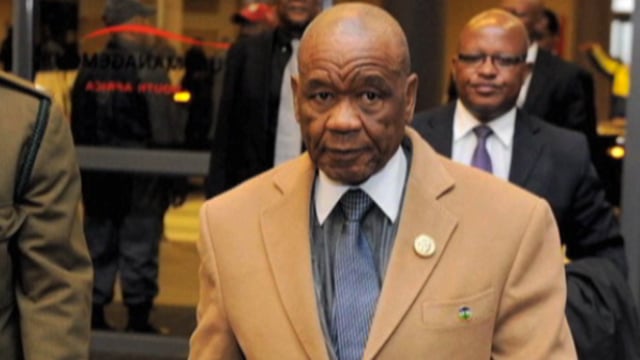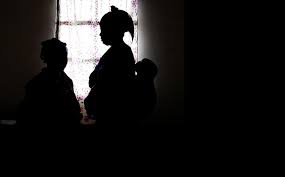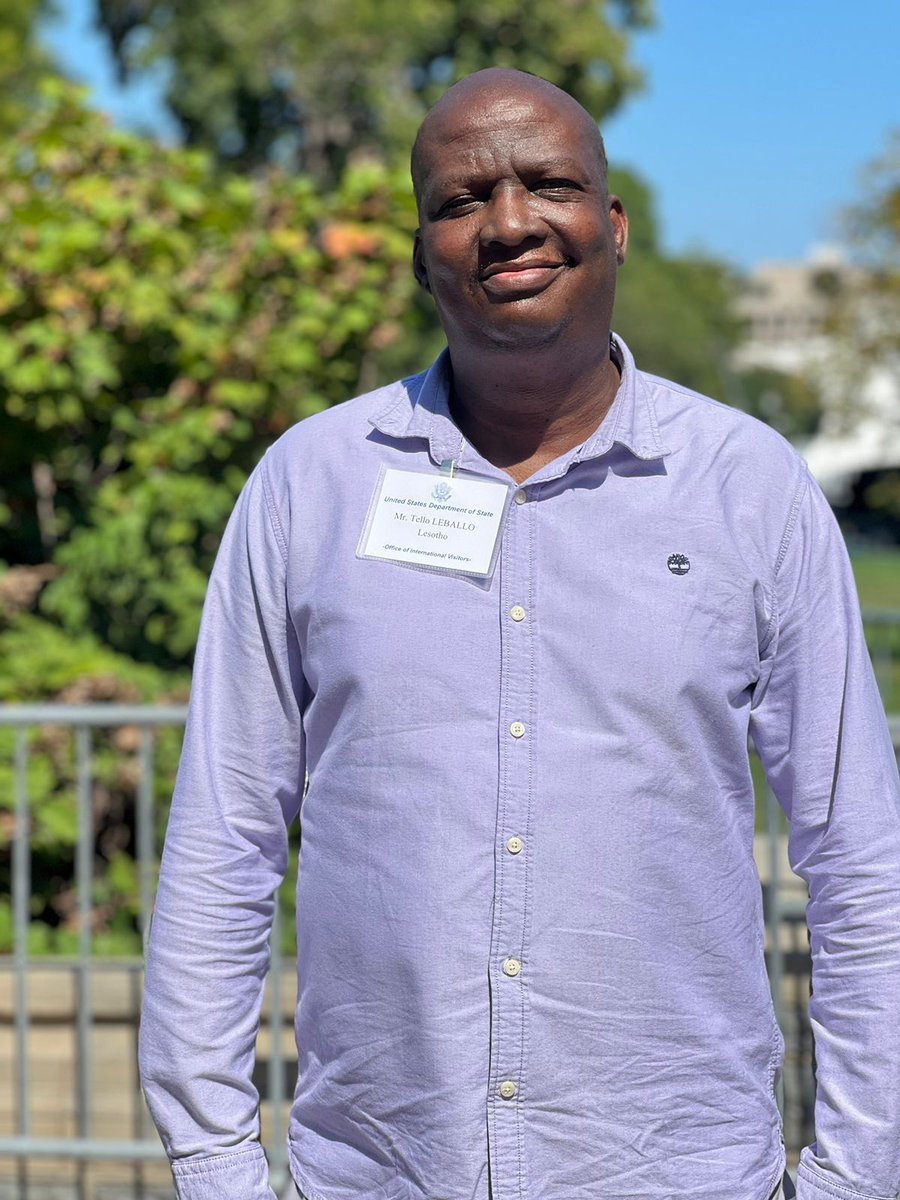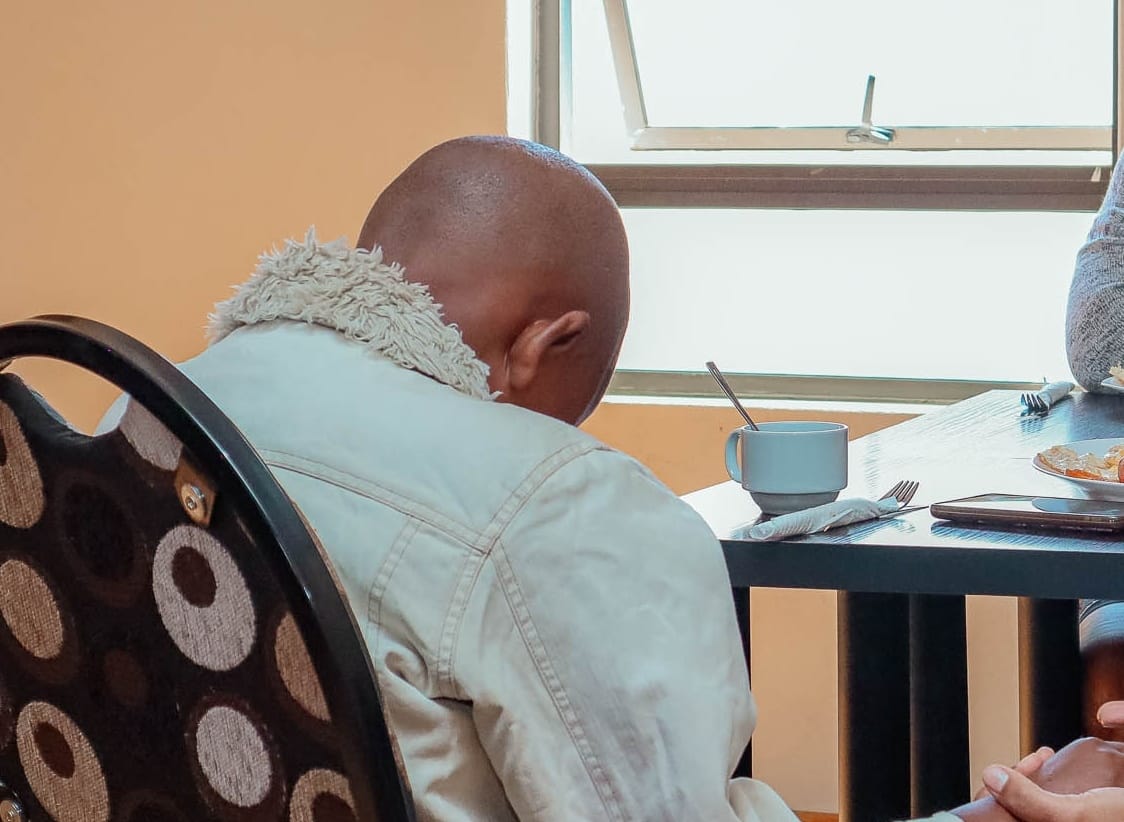Editorial Comment
History often leaves indelible marks on a nation’s collective memory, and the events of August 30, 2014, in the heart of the country’s capital, Maseru, continue to cast a shadow on the political landscape.
Gunshots pierced the silence of the early morning hours, radio waves were disrupted, and soldiers patrolled the streets like silent sentinels. The unfolding drama hinted at something sinister – an attempted coup, people whispered.
As the sun rose, revealing the city shrouded in an eerie calm, the pieces of the puzzle began to fall into place.
Soldiers stood guard around key government offices, revealing a schism at the core of the nation’s power structure. Prime Minister Thomas Thabane’s absence became conspicuous; he had sought refuge across the border, denouncing a coup attempt.
The military denied the allegations, asserting its allegiance to the “democratically elected government of the day.â€
Intriguingly, the cause of this turmoil stemmed from a political tug-of-war, a bid to disarm the police reportedly planning to arm members of the Prime Minister’s political party.
It was a clash of interests that reverberated throughout the nation, plunging it into uncertainty. The resulting snap election in February 2014 was an attempt to restore order, but the echoes of the past continued to ripple through the corridors of power.
Fast forward to August 30, 2023, and Lesotho finds itself at a crossroads again.
On Wednesday, Prime Minister Sam Matekane stood before the press, his coalition partners by his side, addressing allegations of a bid to oust him through a vote of no confidence.
In a mirror image of the past, whispers of political maneuvering and shadowy tactics resurface.
Opposition leaders stood just meters away, holding their own press conference, decrying the alleged use of national security agencies to intimidate them.
The police’s stern warning, asserting a stance against threats and intimidation, paints a picture of a nation grappling with a legacy of uncertainty.
The déjà vu of intrigue, power struggles, and accusations takes center stage. The events of 2014, etched in the annals of history, seem to have left an indomitable mark on Lesotho’s political psyche, creating an unceasing cycle of political unrest.
As citizens navigate these treacherous waters once again, it is crucial to reflect on the impact of such events. They unveil the delicate balance between democratic ideals and political realities, reminding us that the echoes of past conflicts have a tendency to resurface.
Amid these trials, only the steadfastness and the collective spirit of the Basotho people remain the guiding stars, lighting the path towards stability and progress.
Lesotho’s story is one of resilience, a tale of a nation striving to shape its destiny in the face of challenges.
The events of August 30, 2014, and the echoes reverberating in the present underscore the importance of forging a future that is built on unity, transparency, and unwavering commitment to the democratic ideals that anchor the nation’s identity.
The journey is not without its storms, but it is through navigating these tempests that Lesotho will emerge stronger, united, and undeterred in its pursuit of a brighter tomorrow.
Summary
- History often leaves indelible marks on a nation’s collective memory, and the events of August 30, 2014, in the heart of the country’s capital, Maseru, continue to cast a shadow on the political landscape.
- The resulting snap election in February 2014 was an attempt to restore order, but the echoes of the past continued to ripple through the corridors of power.
- The events of August 30, 2014, and the echoes reverberating in the present underscore the importance of forging a future that is built on unity, transparency, and unwavering commitment to the democratic ideals that anchor the nation’s identity.

Your Trusted Source for News and Insights in Lesotho!
At Newsday Media, we are passionate about delivering accurate, timely, and engaging news and multimedia content to our diverse audience. Founded with the vision of revolutionizing the media landscape in Lesotho, we have grown into a leading hybrid media company that blends traditional journalism with innovative digital platforms.









